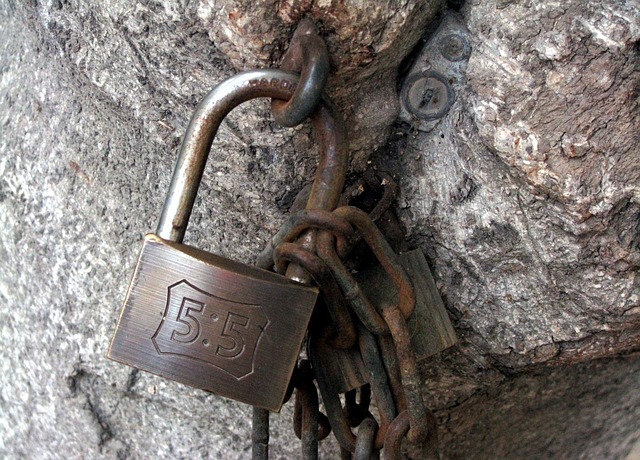
With rising international concern about data privacy, Switzerland is positioning itself as the best country for data privacy. There are several strong arguments in favor of it: The Swiss constitution and laws are on your side, for one thing. Switzerland’s political independence from the European union has wide-ranging implications. Add the Swiss reputation for privacy and, if you want to keep your data secure, Switzerland may be your best bet, according to a report by The Daily Dot. Switzerland was even placed on the U.S. Trade Representative Watch List for “protecting file-sharers and playing host to many pirate sites,” according to TorrentFreak.
To start with, Switzerland is uniquely independent. Because it’s not an EU member, Switzerland is not bound by EU rules or potential data privacy agreements between the U.S. and the EU. Data privacy is protected by Article 13 of the Swiss Constitution, with ramifications beyond European Union rules. Also, EU authorities cannot enforce their laws within Swiss borders.
Article 13 is short and simple — it only has two sections. Section 1 states, “Every person has the right to privacy in their private and family life and in their home, and in relation to their mail and telecommunications.” Section 2 reads, “Every person has the right to be protected against the misuse of their personal data.” It’s significant that in Switzerland, unlike the EU and many other countries, there is no differentiation between personal and business data. Privacy rights cover both personal and business data.
It’s hard to get Swiss courts to grant access to data to government agencies. In many countries, a court ruling to grant agency access to data may be issued in private with no opportunity for the data’s owner to object. In Switzerland, however, the person whose data is being sought must be notified ahead of time and given a chance to fight the access in court.
Since World War II, Switzerland has built bunkers and underground tunnels. Many of these tunnels have been re-purposed for secure data storage impervious to weather and protected from attacks. Following Edward Snowden’s disclosures about NSA surveillance in 2013, Switzerland’s data storage business has grown.
Finally, to top it all off, in addition to its legal and physical protection Switzerland is being marketed. Vigiswiss, an active trade group of data companies, is actively promoting the country as the “world’s safe haven for data.”
Updated on 5-2-16 by Bruce Brown: Switzerland is now on the U.S. Trade Representative Watch List.
Article originally published on 04-21-2016.



